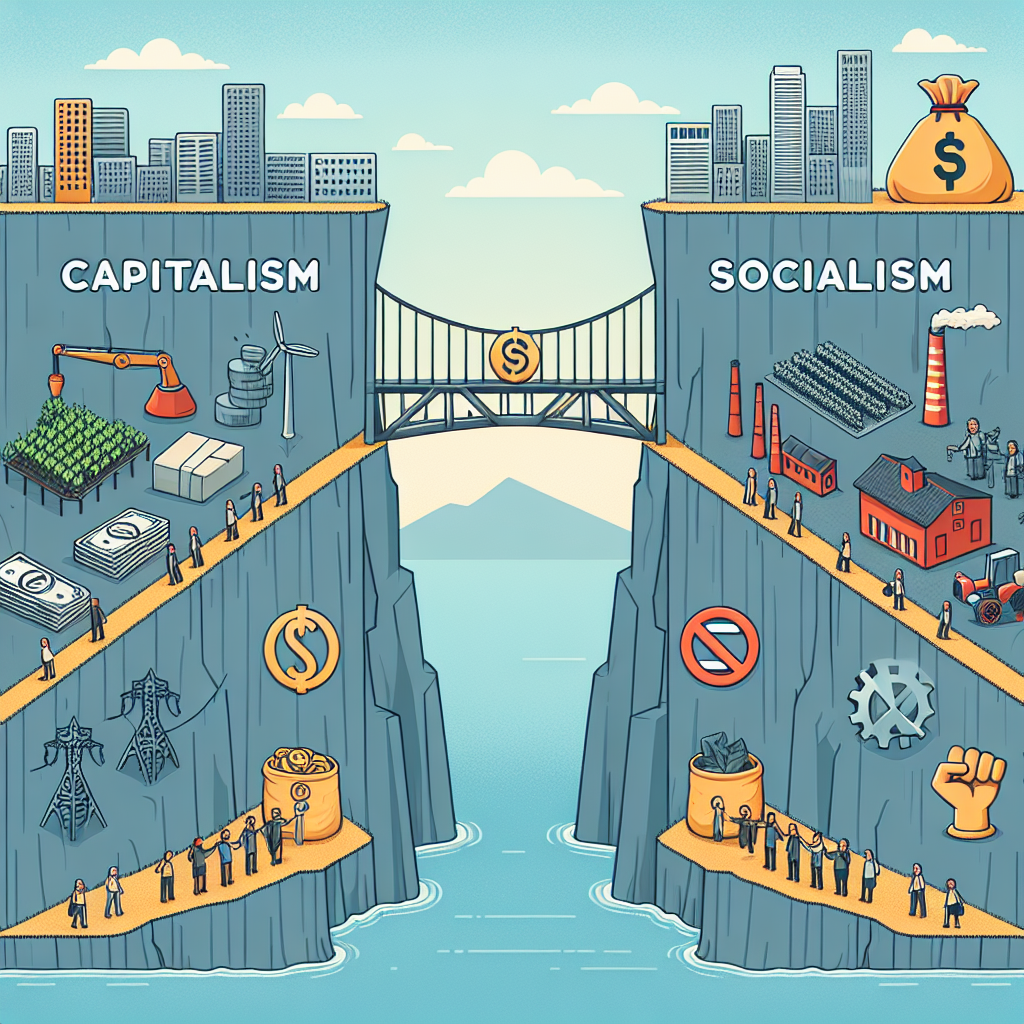
Understanding the democratic process is essential for anyone who aims to participate actively in their society. As we navigate the complexities of governance and the ever-evolving political landscape in 2025, it becomes crucial to grasp the fundamentals of how democracy functions. This article will explore the foundational aspects of the democratic process, delving into its principles, mechanisms, and significance in modern society.
What is Democracy? Exploring the Core Concept
Democracy, derived from the Greek word “demos” meaning people, and “kratos,” meaning power, signifies a system of governance where power resides with the populace. The essence of democracy lies in the ability of citizens to have a say in how they are governed. It operates on the principles of equal representation, where every vote accounts for the collective will of the people. In its purest form, democracy fosters an environment where individuals can freely express their opinions and influence governmental policies through elections and civic engagement.
In 2025, democracy is characterized by a diversity of governing styles ranging from direct to representative democracy. Countries employ various democratic frameworks to accommodate their unique socio-cultural contexts. For instance, direct democracy allows citizens to vote on policies directly, while representative democracy involves electing officials to make decisions on their behalf. Regardless of the form, the core tenet remains the same: empowering individuals to play a participatory role in shaping their governance.
The Stages of the Democratic Process
The democratic process can be broken down into several crucial stages, each integral to ensuring that governance remains reflective of the people’s will. The first stage is the pre-election phase, which encompasses voter education, public debate, and candidate campaigns. This stage is pivotal in informing citizens about their choices and encouraging informed participation, ensuring that they can evaluate candidates and policies effectively before they cast their votes.
Following the pre-election phase is the election itself, where citizens exercise their right to vote. Conducted through various formats, such as general elections and referenda, this stage plays a critical role in legitimizing the government. The integrity of elections is paramount; thus, many countries in 2025 have strengthened their electoral systems to combat voter suppression and manipulation, utilizing technology and independent monitoring organizations to ensure fairness and transparency in the electoral process.
Voter Rights and Responsibilities
In a functioning democracy, understanding voter rights and responsibilities is crucial. Voter rights encompass the legal entitlements granted to citizens that empower them to participate in elections. In 2025, many nations uphold universal suffrage, ensuring all adult citizens, regardless of race, gender, or socioeconomic status, possess the right to vote. This inclusiveness is foundational to democracy, as it ensures diverse perspectives are heard and considered in the political arena, shaping policies and governance approaches that serve the broader community.
However, with rights come responsibilities. Voters must be informed about candidates, policies, and the implications of their choices. Active participation in civic discussions, advocacy for issues that matter, and not just voting but encouraging others to do the same is essential. Knowledge of the electoral process, including registration deadlines, voting methods, and ballot nuances, increases the chances of informed decision-making. Countries like Canada and Australia have launched initiatives aimed at educating their populations to foster higher voter engagement, especially among younger voters who may be navigating the democratic process for the first time.
The Role of Political Parties in Democracy
Political parties play a pivotal role in the democratic process, functioning as the primary vehicles through which the electorate can engage with political ideologies and policy preferences. In 2025, numerous political movements worldwide have emerged, reflecting changing public sentiments and priorities. These parties not only present candidates for office but also articulate a set of beliefs and platforms that resonate with specific voter demographics.
Additionally, political parties facilitate a robust dialogue about governance and representation. They mobilize citizens, encouraging political participation and activism, often acting as a bridge between the government and the populace. This interaction helps to hold elected officials accountable, manages public expectations, and fosters a responsive governance dynamic. Moreover, in modern democracies, smaller or emerging parties have gained significant traction, complicating the political landscape and encouraging voters to consider a broader spectrum of political ideas.
The Importance of Civic Engagement in Democracy
Civic engagement extends beyond the act of voting; it encompasses various forms of participation, including advocacy, community service, and public discourse. In 2025, civic engagement has taken on new dimensions with the proliferation of digital platforms that facilitate activism and community-building beyond traditional boundaries. Citizens use social media, online petitions, and forums to discuss pressing issues, thereby enhancing democratic participation and accountability.
Furthermore, civic engagement is essential for the continued health of a democracy. It fosters an informed citizenry committed to the common good, amplifying diverse voices in the democratic process. This active participation not only enhances the legitimacy of political decisions but also cultivates social cohesion and trust in governmental institutions. As demographics shift and societal challenges evolve, fostering an engaged citizenry ensures that democracy remains dynamic and responsive to the needs of all communities.
Challenges and Future Directions for Democracy
Despite the intrinsic strengths of democracy, several challenges threaten its efficacy and sustainability. The rise of misinformation, partisan polarization, and apathy among voters poses significant hurdles. In 2025, these issues have garnered global attention as governments and organizations strive to combat misinformation through educational initiatives and fact-checking platforms. Addressing these challenges is critical to maintain public trust in the electoral process and ensure that democratic principles are upheld.
Looking towards the future, the evolution of democracy may heavily rely on technological advancements. The integration of digital tools in the electoral process and civic engagement can enhance transparency and accessibility. However, it also raises concerns about data privacy and cybersecurity. Striking a balance between innovation and ethical governance will be paramount in shaping the democratic landscape in the years to come. Efforts to implement more inclusive and secure voting practices, as well as to educate citizens about their rights and responsibilities, will continue to be essential as we navigate an increasingly complex global political environment.
Conclusion
Understanding the basics of the democratic process is essential for active participation in today’s society. From the core principles of democracy to the roles of political parties, voter responsibilities, and the importance of civic engagement, each component plays a critical part in promoting democratic governance. While challenges persist, fostering an informed and engaged citizenry will be paramount in ensuring that democracy remains resilient and reflective of the will of the people.
FAQs
What is the difference between direct and representative democracy?
Direct democracy allows citizens to vote on specific issues directly, while representative democracy involves electing representatives who make decisions on behalf of the populace. Each system has its advantages and challenges, but both aim to empower citizens in governance.
Why is voter education important in the democratic process?
Voter education is essential as it informs citizens about candidates, policies, and voting procedures. An informed electorate is crucial for making sound decisions that align with their interests and values, thereby enhancing the legitimacy of the democratic process.
How do political parties impact voter engagement?
Political parties impact voter engagement by mobilizing citizens, presenting ideologies and platforms, and facilitating dialogue about governance. They play a key role in electoral campaigns and can significantly influence public opinion and participation in the democratic process.
What are some common challenges faced by democracies today?
Common challenges faced by democracies today include misinformation, voter apathy, partisan polarization, and threats to civil liberties. Addressing these issues is vital to sustain democratic governance and trust in political institutions.
How can individuals get involved in the democratic process?
Individuals can get involved in the democratic process by registering to vote, participating in local governance, advocating for causes they care about, and engaging in public discussions. Civic involvement helps to strengthen democracy by ensuring a diversity of voices is heard.
Democracy versus Autocracy: A Global Perspective
16. Dezember 2025The Impact of Sanctions on Global Trade Dynamics
16. Dezember 2025Geopolitical Tensions in the South China Sea
16. Dezember 2025
Leave a reply Antwort abbrechen
-
Essential Strategies for Successful Sports Betting
9. Dezember 2025 -
Celebrating American Exceptionalism and Patriotism
26. November 2025





